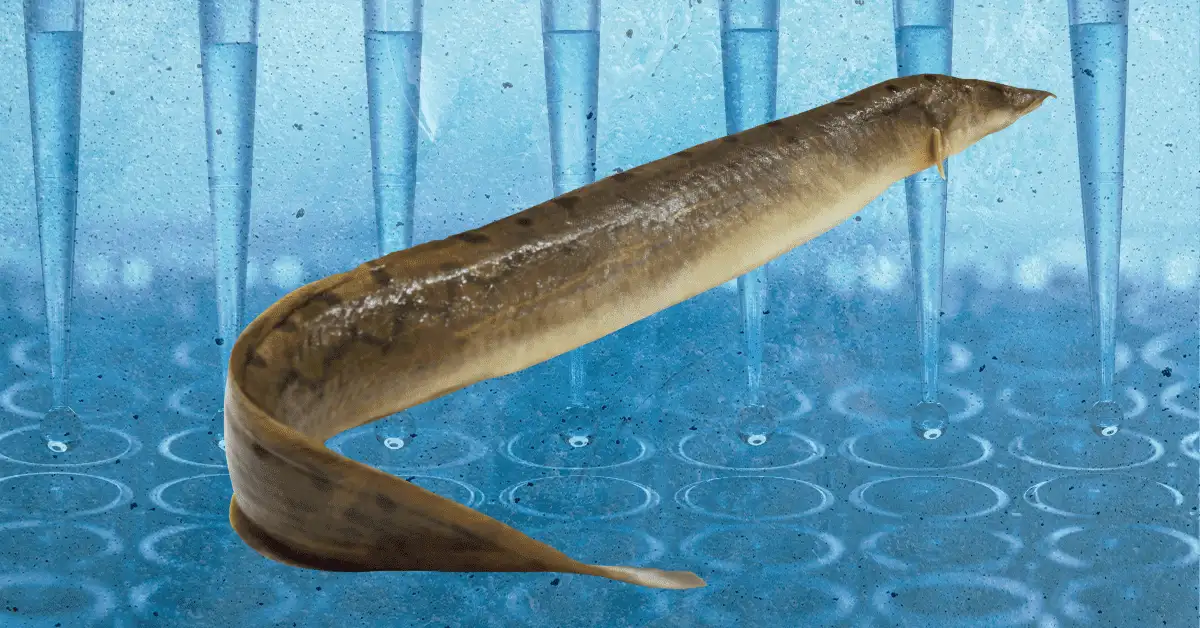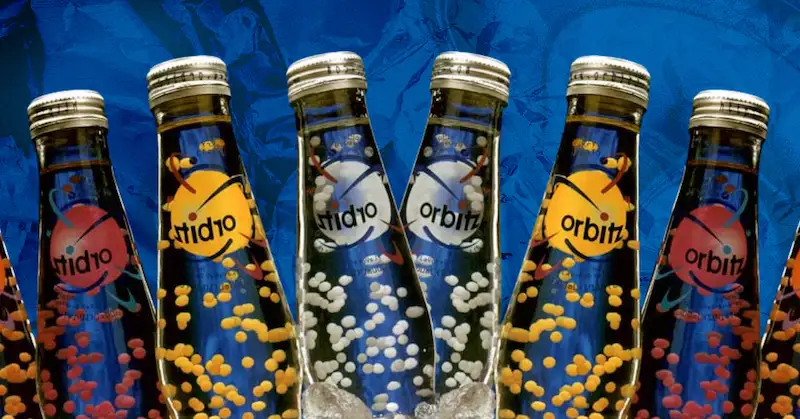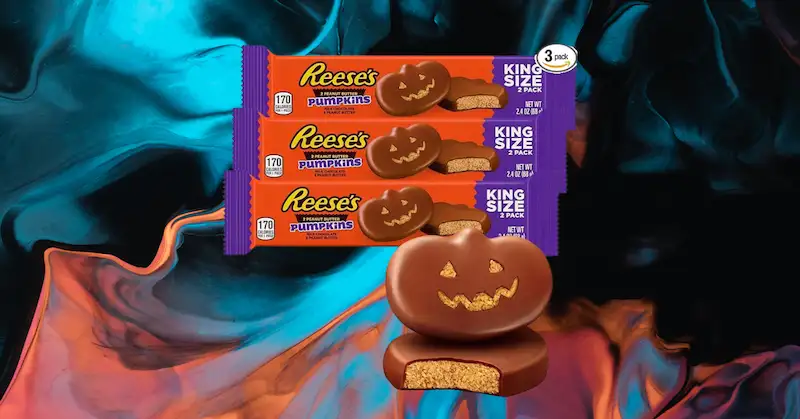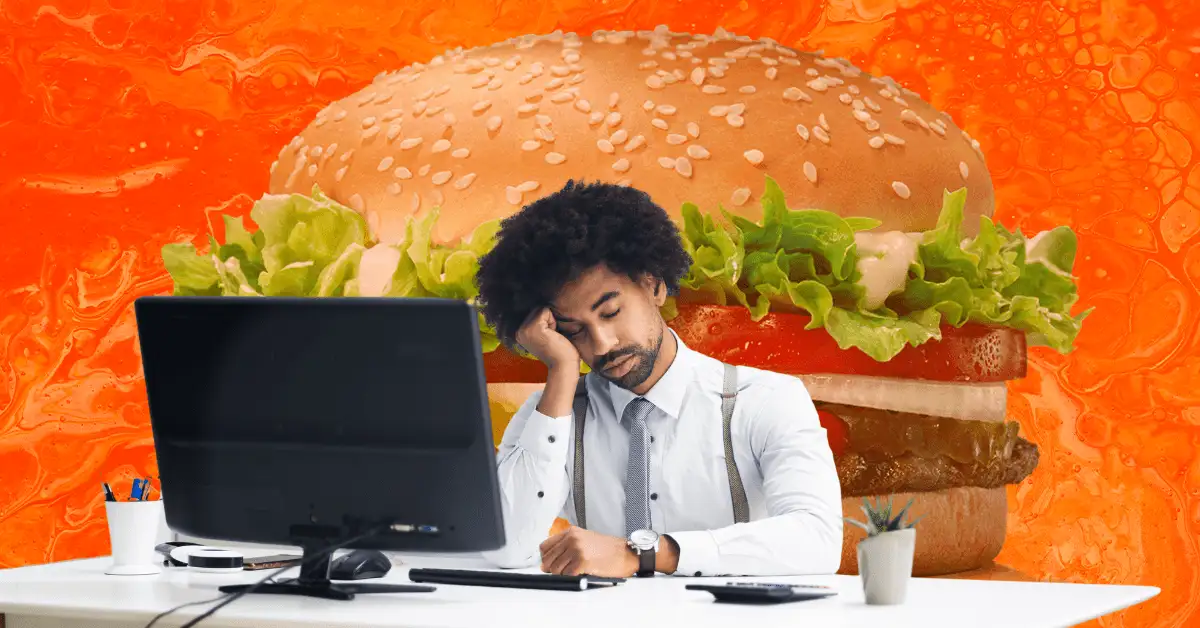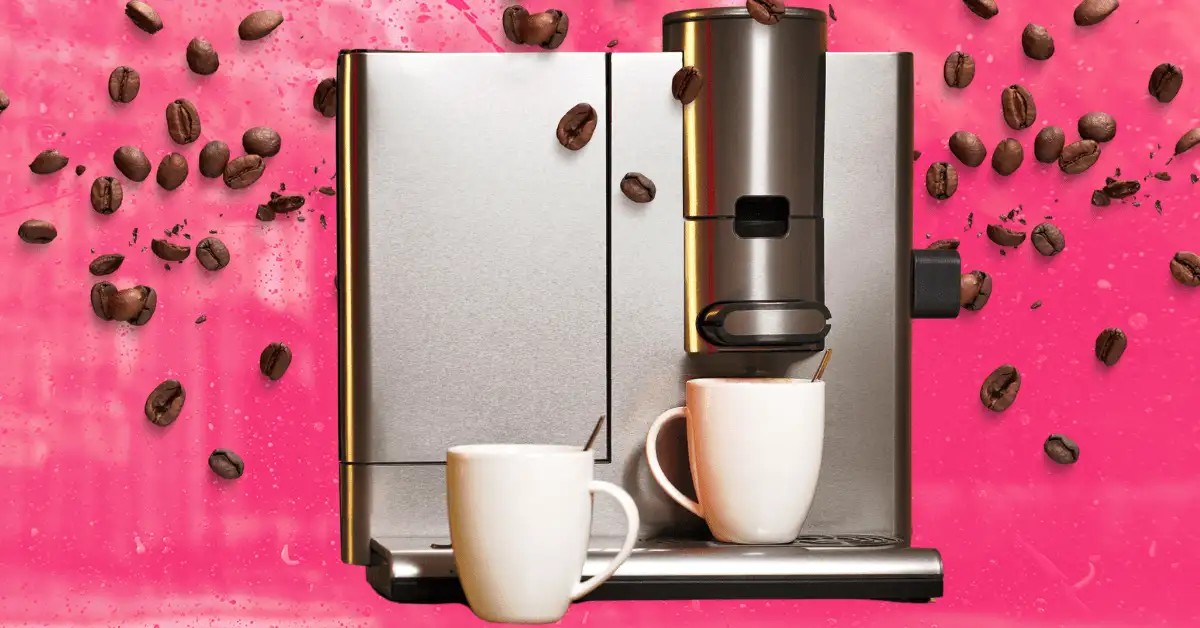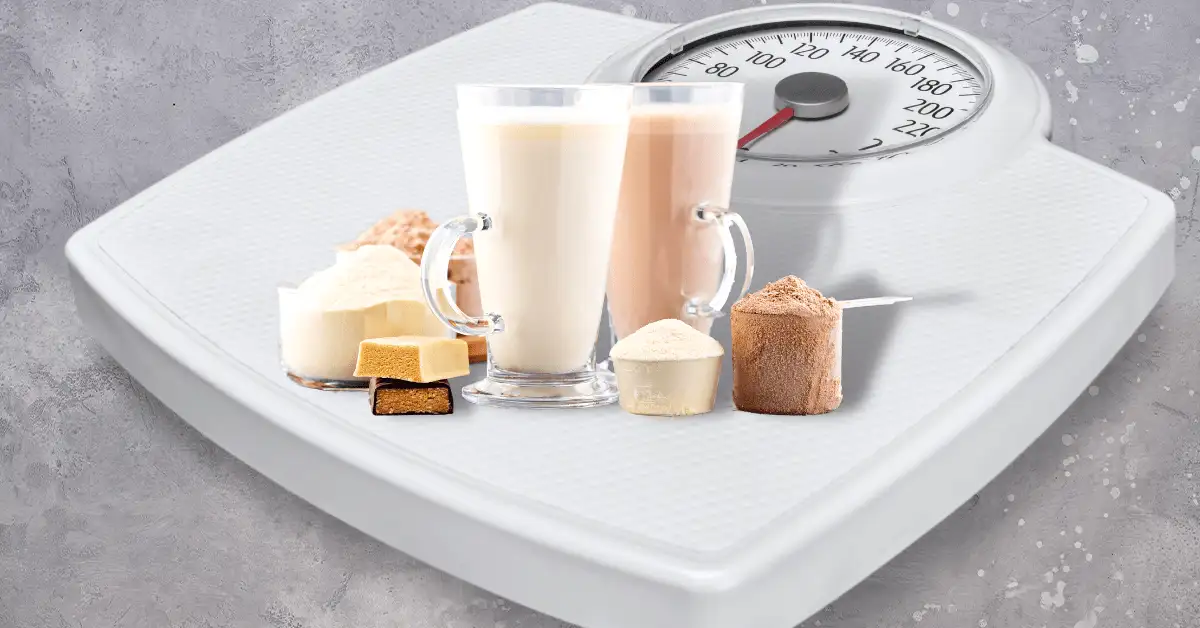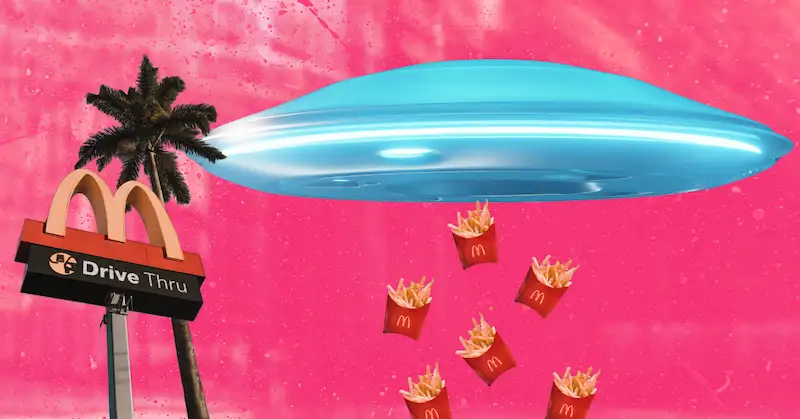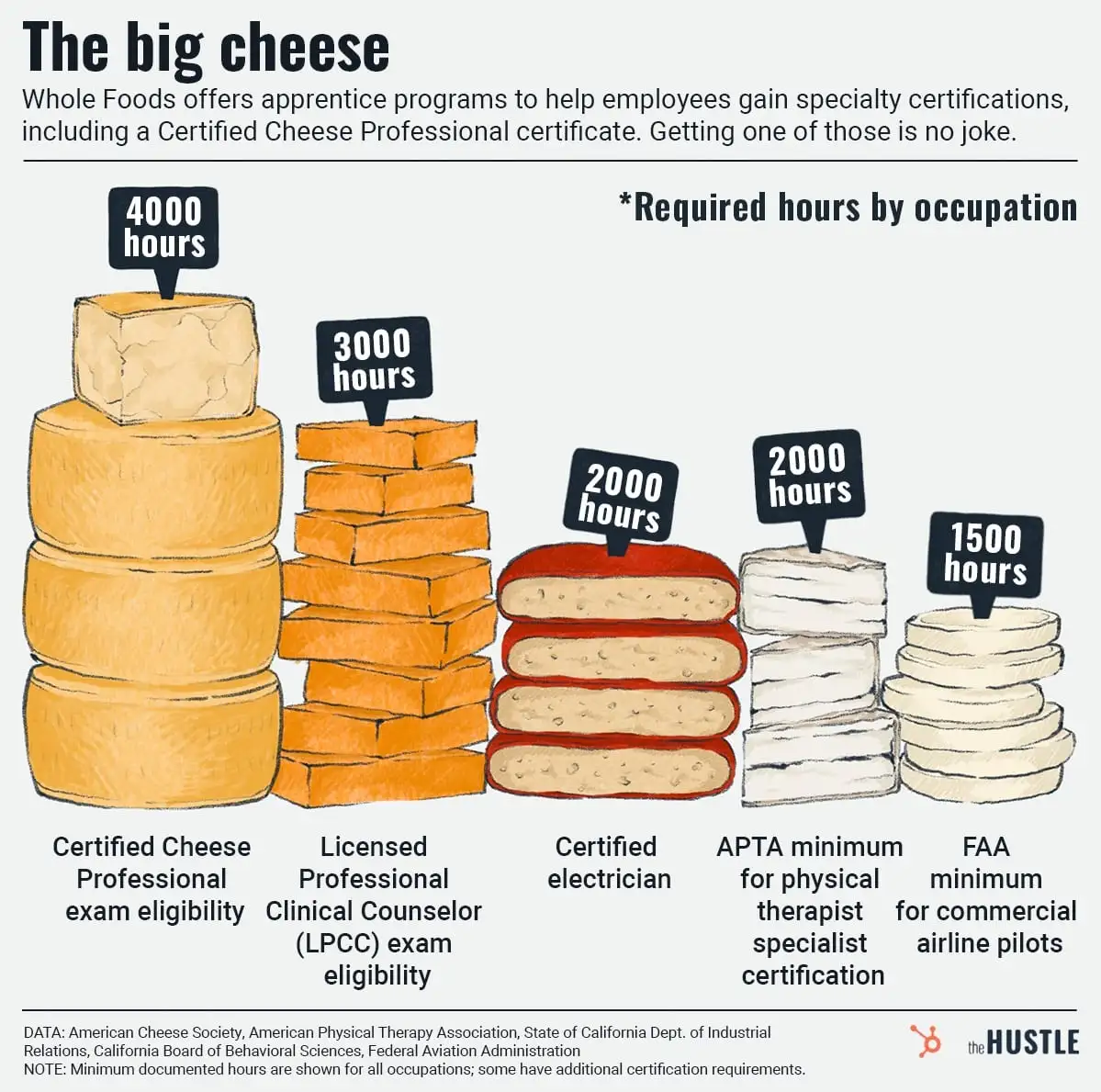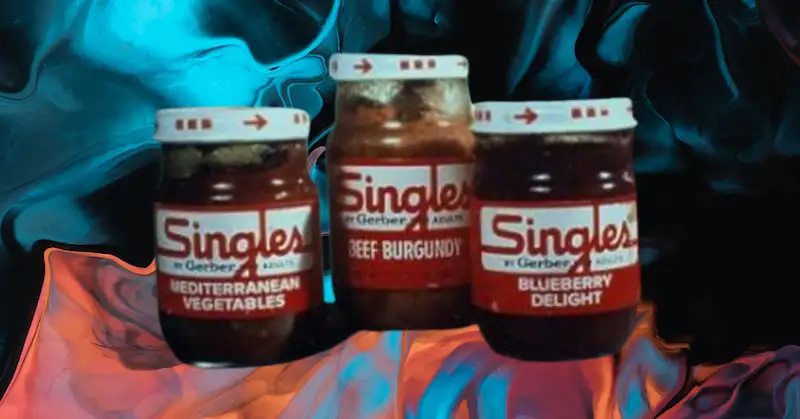Martini. Printed, not stirred.
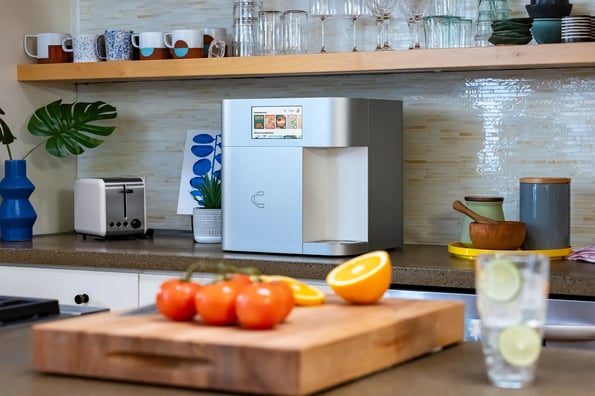
Bay Area startup Cana raised $30m in January to bring its “molecular beverage printer,” the Cana One, to life.
It’s a countertop device that can make thousands of drinks, including coffee and cocktails, using an ingredient cartridge.
Here’s how it works:
Every beverage, no matter if it’s a seltzer or a fine wine, is mostly water.
And just ~1% contains the compounds that give it its unique flavor, aroma, and mouthfeel, Cana CEO Matt Mahar told The Hustle. For example, tartaric acid is key in winemaking, while quinic acid gives coffee its acidity.
But while a glass of wine might contain ~400+ unique compounds, we humans can only register ~30-50.
Cana identified ~150 ingredients that comprise those compounds and concentrated them into a cartridge.
When users choose a drink…
… the cartridge dispenses ingredients in ~30 seconds and mixes them with water.
Also inside the Cana One are a CO2 cylinder for carbonated drinks and 2 additional cartridges: one with liquid sugar, and another with neutral grain alcohol. Users can customize drinks’ sweetness and potency.
The goal is to reduce waste
The soft drink industry alone is estimated to produce and sell 20B-34B plastic bottles per year.
Cana’s cartridges last about a month (or ~200 drinks). New ones auto-ship when customers run low, while old ones are recycled.
Consumer cost is significantly more upfront. Machines are $799 (or $499 for the 1st 10k orders). Cartridges are free, but an app tracks and charges per drink — ~$0.29 for a seltzer to $2.99 for a cocktail.
Yet costs are typically 25%-50% cheaper than stores — not to mention bars, cafes, and restaurants — so big-time LaCroix guzzlers and party hosts would break even sooner than later.
But… is it tasty?
Apparently! A CNET writer found samples to be “quite good, if different,” while TechCrunch said samples had bold flavors with smooth finishes.
And now, here’s a supercut of how we imagine Cpt. Jean-Luc Picard would use the Cana One.

